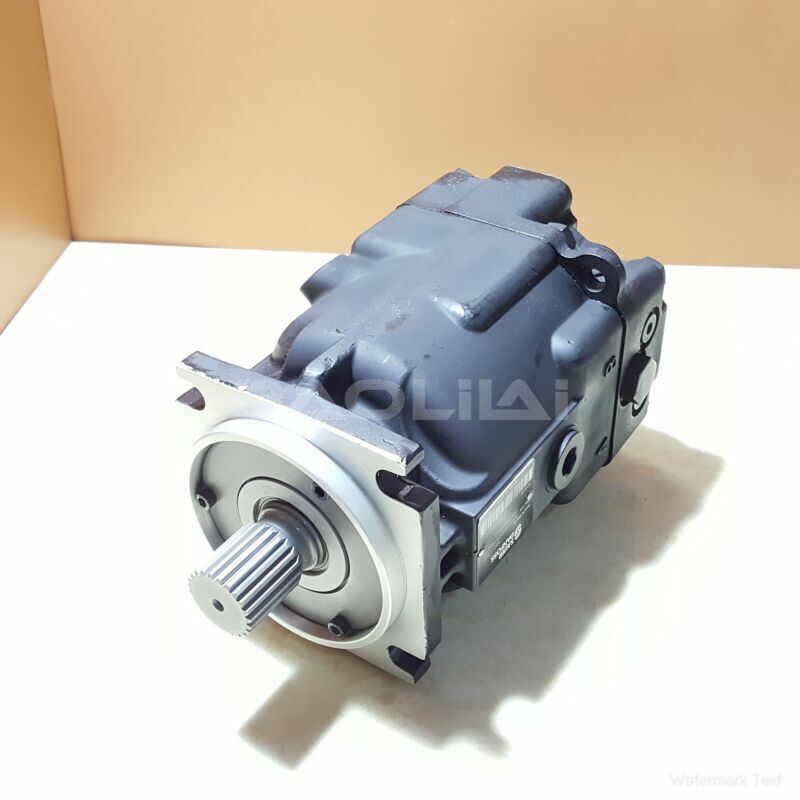90M055NC0N8N0K1W00NNN0000G0 high pressure motor
90M055NC0N8N0K1W00NNN0000G0 high pressure motor

- Product Details
- Applicable Scene
In recent years, the importance of sustainable building design has gained considerable attention as a response to the pressing challenges posed by climate change and resource depletion. Among the myriad of technologies contributing to this shift, Sauer Danfoss motors have emerged as a key player in promoting energy efficiency and sustainability in various applications within the construction industry.
90-M-055-NC-0-N-8-N-0-K1-W-00-NNN-00-00-G0
90M055NC0N8N0K1W00NNN0000G0
Sauer Danfoss, a leading provider of hydraulic and electronic solutions, specializes in components that enhance the performance of systems in construction and other industries. Their motors, particularly in the field of hydraulic power, play a crucial role in optimizing energy use and reducing the carbon footprint of building operations.

83025791
One of the primary contributions of Sauer Danfoss motors to sustainable building design is their exceptional energy efficiency. These motors are designed to minimize energy consumption while maximizing output, thereby reducing operational costs and the overall energy demand of a building. By integrating these motors into systems such as heating, ventilation, and air conditioning (HVAC), builders can create more efficient and environmentally friendly spaces.
Additionally, the durability and reliability of Sauer Danfoss motors contribute significantly to sustainability. With a robust construction and the ability to operate in challenging conditions, these motors have a longer lifespan, reducing the need for frequent replacements and minimizing waste. This longevity aligns with the principles of sustainable design, which emphasize the importance of using materials and systems that remain functional over time while consuming fewer resources.
Sauer Danfoss motors also facilitate advanced control systems, enabling buildings to adapt dynamically to changing environmental conditions. For example, with precise control over hydraulic systems, buildings can optimize energy use based on real-time data, further enhancing efficiency. This adaptability is vital in creating buildings that not only meet current sustainability standards but also anticipate future needs.





